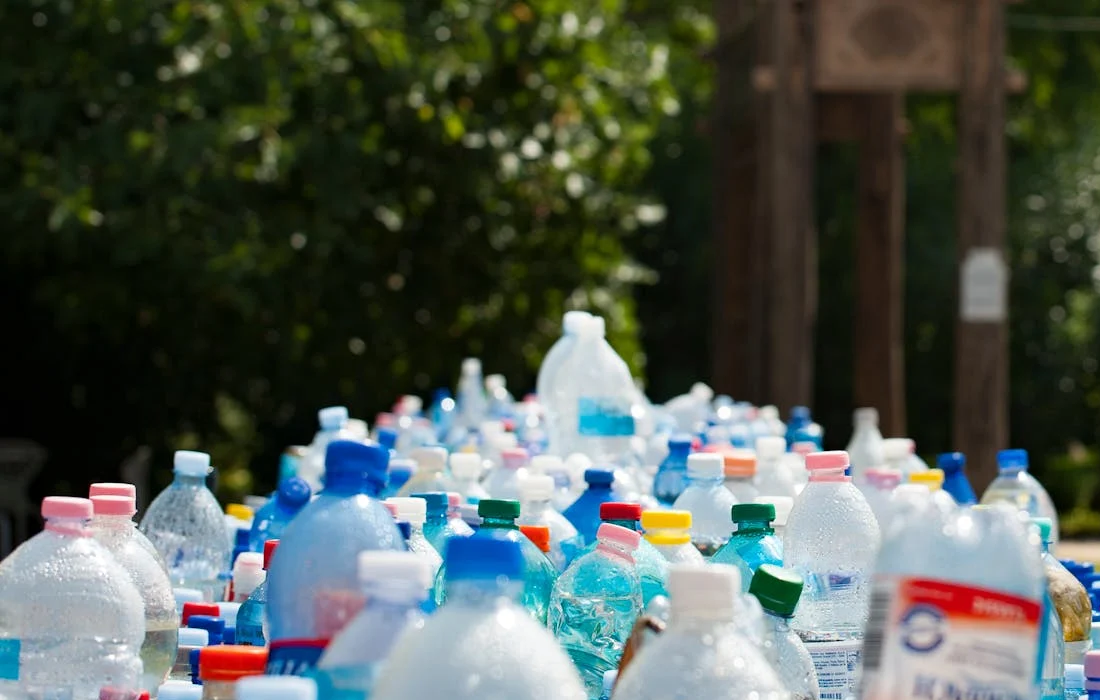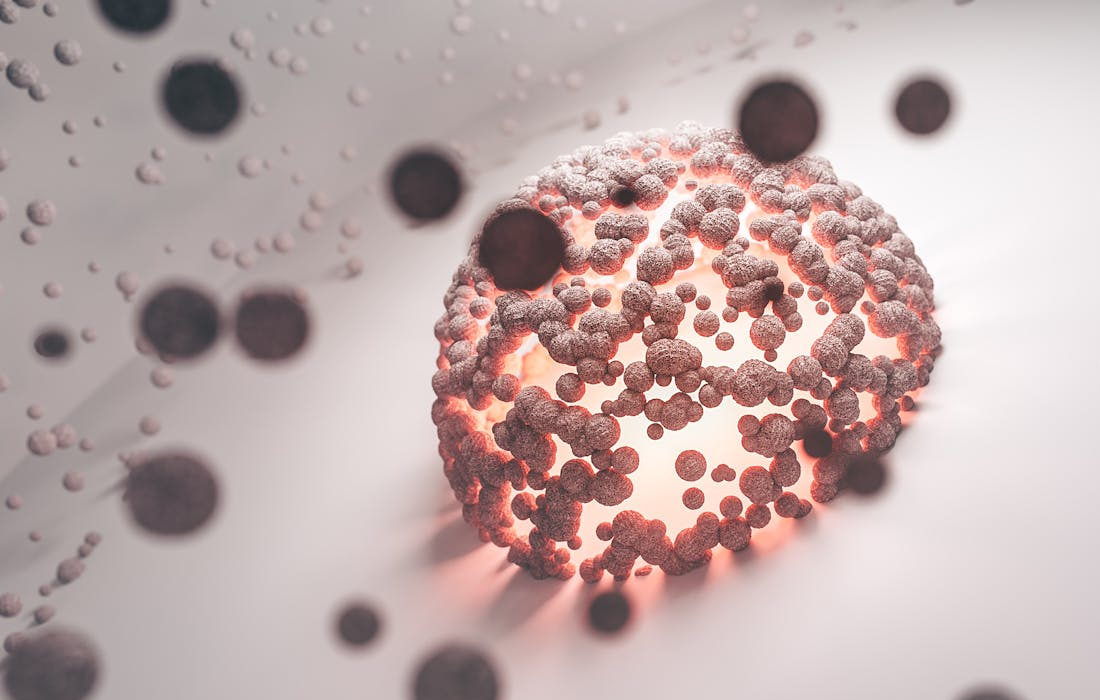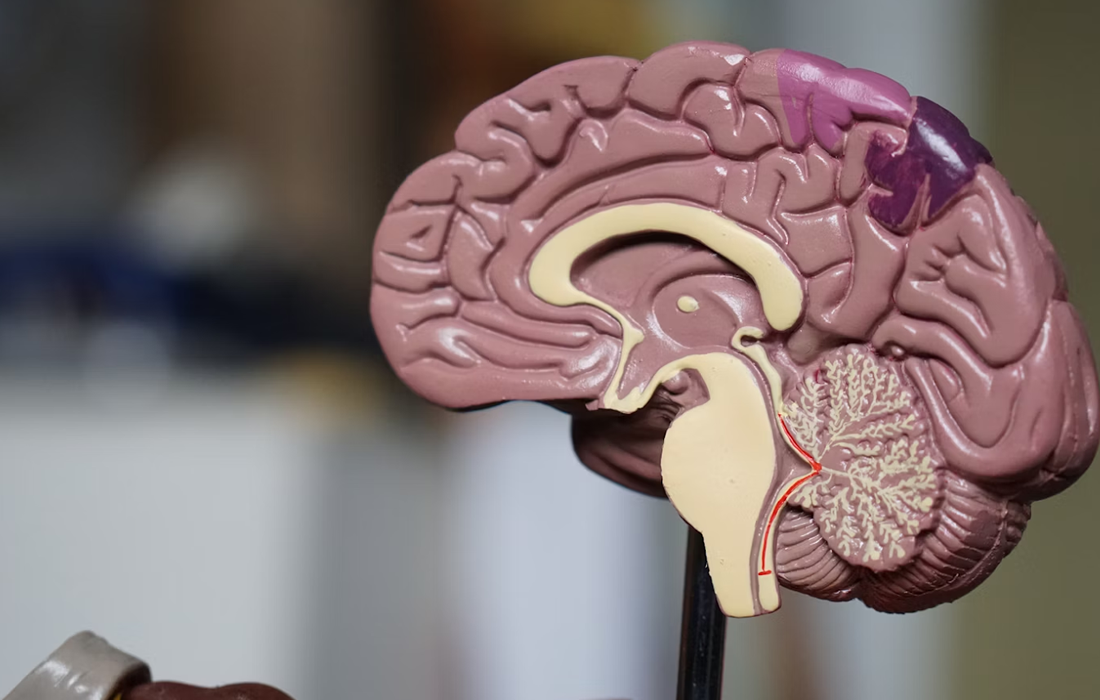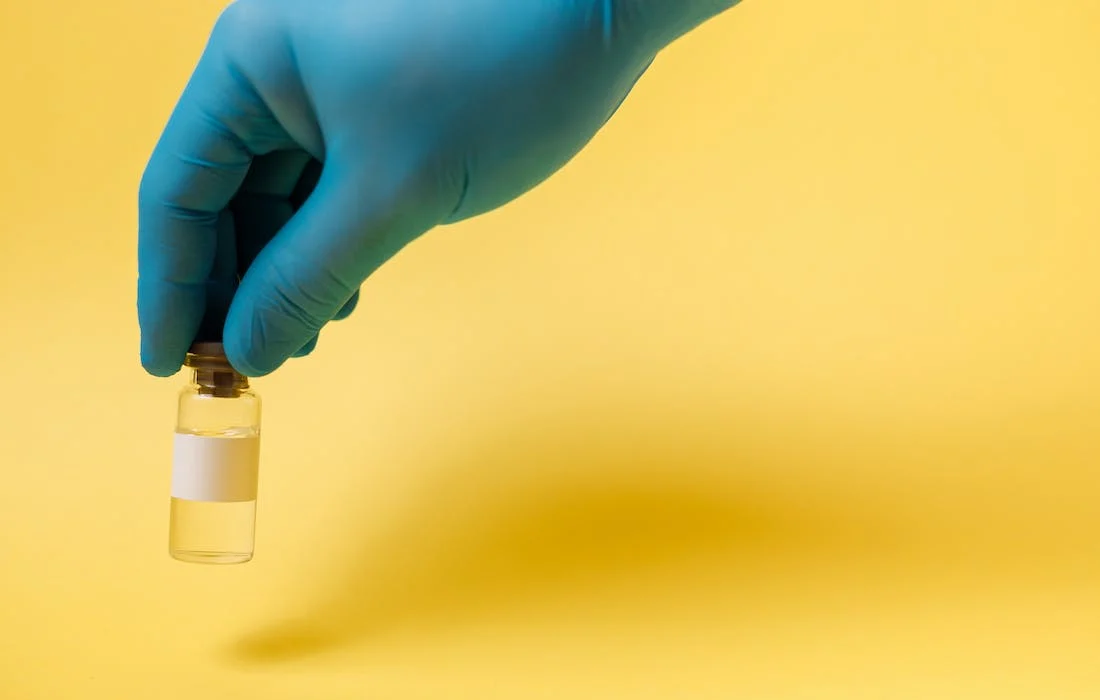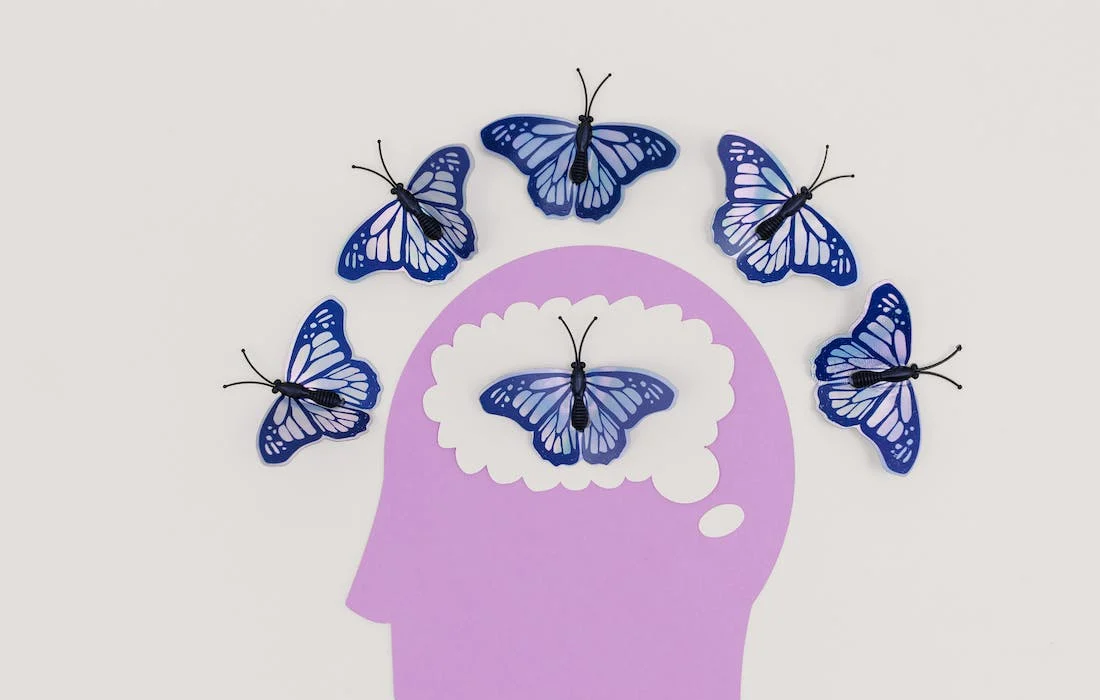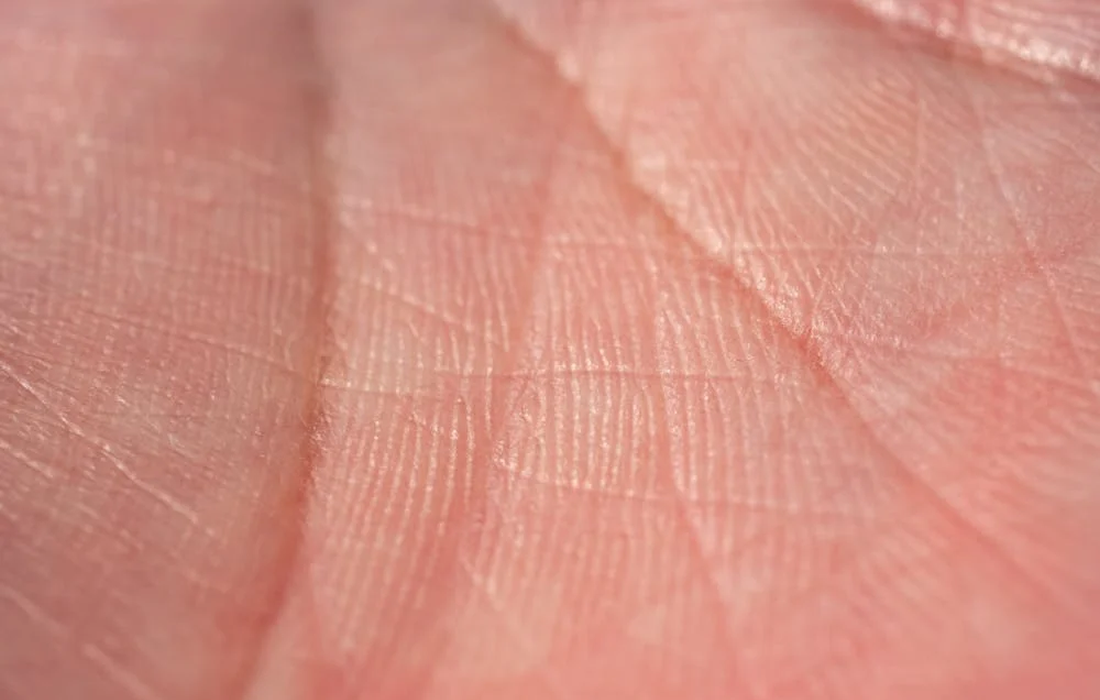Lactating mothers who get the COVID-19 booster pass along the antibodies to their children via their breast milk — and potentially protect babies too young to receive the vaccine, a study from the University of Florida Institute of Food and Agricultural Sciences (UF/IFAS) and the UF College of Medicine found. The study is the third […]
Author Archives: Karely Vega, MD
In order to record coffee consumption in nutrition and health studies, researchers usually rely on self-reporting by participants. However, this is not always reliable. It would therefore be desirable to conduct additional studies to objectively verify individual consumption using biomarkers. A research team led by the Leibniz Institute for Food Systems Biology at the Technical […]
Degenerative arthritis is no longer exclusive to the elderly population. According to the National Health Insurance Service report covering the years from 2012 to 2022, there has been a 22.8% increase in the prevalence of degenerative arthritis among people in their 20s and 30s. This rise is attributed to prolonged periods of desk sitting and […]
A synthetic chemical called Bisphenol A, or BPA, is widely used in the production of durable plastic products including eyewear, water bottles and epoxy resins. But it’s also an endocrine disruptor, which means that it can interfere with normal hormone functions in the body. Studies suggest that high levels of exposure may be detrimental to […]
Cleveland Clinic researchers have discovered a key mechanism used by Kaposi’s sarcoma-associated herpesvirus (KSHV), also known as human herpesvirus 8 (HHV8), to induce cancer. The research points to effective new treatment options for KSHV-associated cancers, including Kaposi’s sarcoma, primary effusion lymphoma, and HHV8-associated multicentric Castleman disease. The Nature Communications study, led by Dr. Zhao, reveals […]
Bile acids long have been known to play a role in human metabolism. Synthesized from cholesterol in the liver, bile acids are involved in digestive processes, particularly in absorbing fat. They also are modified extensively by bacteria, which greatly expand the types of bile acids found in the host. For most of a century, scientists […]
The first stem cell culture method that produces a full model of the early stages of the human central nervous system has been developed by a team of engineers and biologists at the University of Michigan, the Weizmann Institute of Science, and the University of Pennsylvania. The system is an example of a 3D human […]
Recombinant protein vaccines, like the Novavax vaccine used to fight COVID-19, offer several advantages over conventional vaccines. They’re easy to precisely produce. They’re safe, and potentially more effective. And they could require smaller doses. Because of these traits, there is much interest in developing recombinant influenza vaccines. To date, however, the Food and Drug Administration […]
The human brain’s adaptability to internal and external changes, known as neural plasticity, forms the foundation for understanding cognitive functions like memory and learning, as well as various neurological disorders. New research conducted by a team led by Dr. PARK Joo Min of the Center for Cognition and Sociality within the Institute for Basic Science […]
A new technique for electrospinning sponges has allowed scientists from the University of Surrey to directly produce 3D scaffolds — on which skin grafts could be grown from the patient’s own skin. Electrospinning is a technique which electrifies droplets of liquid to form fibres from plastics. Previously, scientists had only been able to make 2D […]




